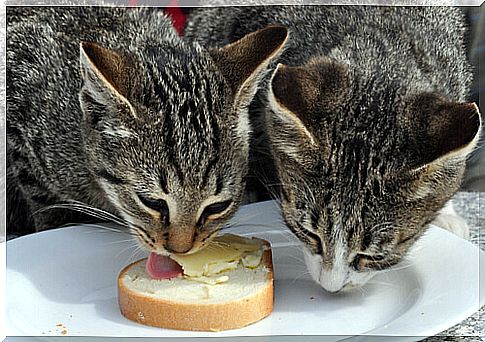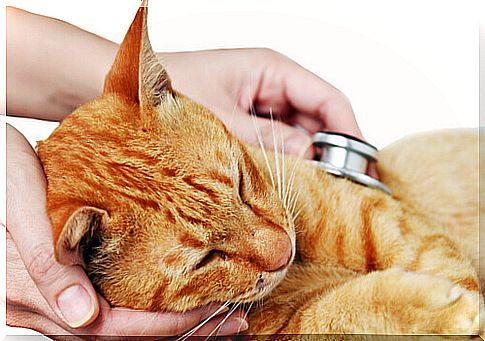A Healthy Life For Your Cat

If you have a cat, you have surely wondered several times what you can do to improve its quality of life. Thanks to advances in medicine and nutrition, kittens are living longer. In this sense, today it is not uncommon to see a pet that reaches 20 years of life, without great difficulty. Below we share some tips so that your little friend can live a healthy life.
Life expectation
It is difficult to talk about the average life expectancy of a cat without taking into account the differences between a cat that lives in the house, or apartment, and those who spend a lot of time outdoors, without being supervised. For these animals, the lifespan can be much shorter, as they are exposed to a number of risks which include: infectious diseases, exposure to toxic products and accidents. So, pay attention to your little friend’s habits and monitor his behavior, so as to avoid problems.
Balanced diet

Providing a complete and balanced diet is one of the most important things you can do for your cat to grow up healthy and to ensure a long and healthy life. The diet should also be adapted to your cat’s age and lifestyle. For example, a kitten must follow a suitable diet to support its growth, while for an adult, fewer calories may be sufficient or even some dietary restrictions may be necessary if the cat is experiencing some problems. Each cat’s nutritional needs are different. Also, it is important to avoid overfeeding.
On the other hand, stimulating water consumption is very important for your pet’s health. Make sure he always has his bowl, made of metal or glass, available with fresh, clean water.
Regular physical activity
Keeping your cat slim and fit is another contributing factor to a long and healthy life. Overweight cats are prone to a number of diseases, including diabetes, heart problems, skin conditions, and more. Encourage your cat to exercise every day through interactive games. You can also stimulate him to move through the use of food (morsels) as a reward.
Sterilization and castration
Spaying and neutering extends the life of cats. It also reduces the tendency to develop annoying or even intolerable behavior problems, such as those of marking or pulverizing. It also prevents the problem of overcrowding of animals.
Enrich your cat’s environment
Environmental enrichment is a need for all cats, especially those who live indoors, which are safer than open ones, but which can contribute to increasing your pet’s boredom. To prevent this from happening and, therefore, to discharge the energy accumulated on furniture or curtains, make sure that your cat has toys and other objects that stimulate his mind. Avoid keeping toxic products or plants within the reach of your pet, which could damage their health.
With hygiene it’s better

Oral hygiene is often neglected, especially in cats. However, it is very important to look after your teeth and mouth. Most felines over three years old already show some signs of dental disease that could cause pain.
Proper oral hygiene involves certain treatments, to be performed at home, and regular veterinary visits. Your vet will likely need to anesthetize your pet for a full oral exam. Without anesthesia, it is impossible to check for any problems. In addition, the specialist can help you establish a home care routine, which includes brushing your teeth, using oral hygiene wipes, mouthwash, and more.
Periodic visits to the vet
All cats need regular vet visits. Cats are masters of disguise when it comes to disease. Even the most careful owner may not notice the first signs of a disease. But the vet is able to spot these signs. It will also perform blood, urine and other tests, check your weight, vaccinations and deworming schedule. Check for fleas and, finally, if you want a healthy life for your cat, schedule annual vet checks.









